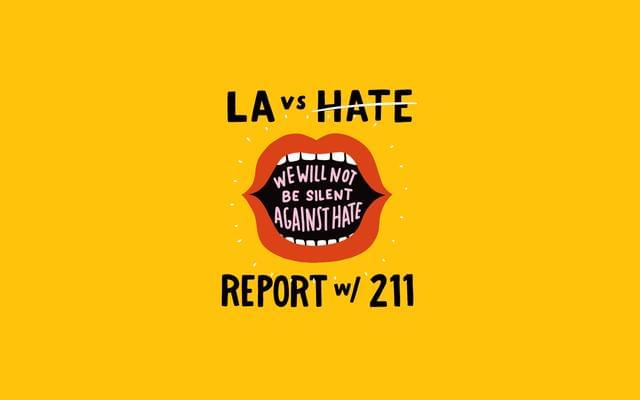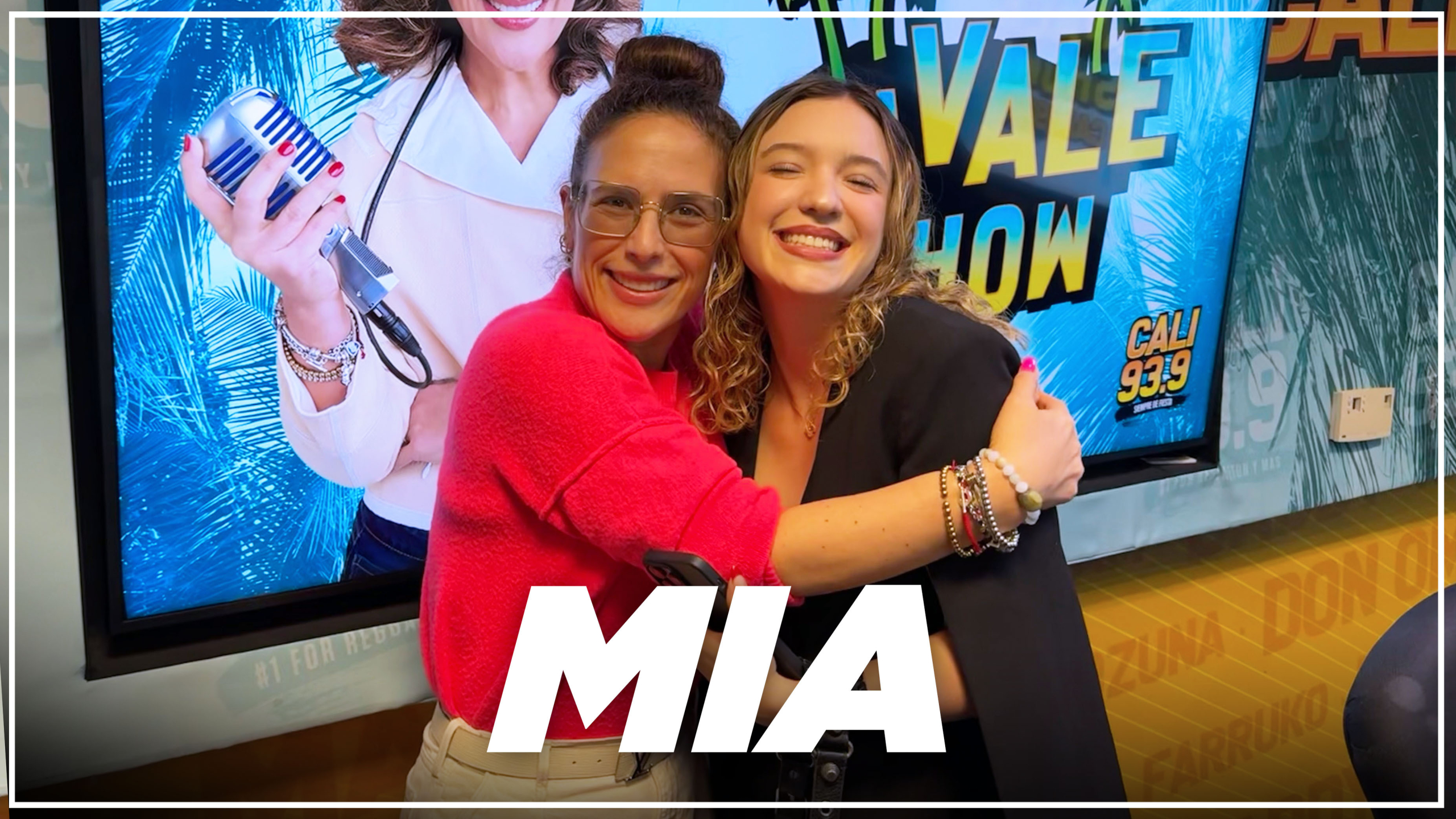L.A. County Targets Rising Hate Crimes
By Mark Hedin, Ethnic Media Services
Los Angeles city and county officials, educators, health care providers, and community-based organizations are teaming up to provide resources against hate crimes, a problem worsened by the stresses of the COVID-19 pandemic.
To highlight this effort, a group of city and county officials and private sector executives announced the first “United Against Hate Week” on Monday, Nov. 30. The campaign comes less than a year after the county introduced the nation’s first hate-crime hotline, 211. In its first six months of operation, 13% of the calls to 211 were COVID-related.
“Hate is on the rise nationally, not just in our region,” said Robin Toma, director of the County Commission on Human Relations. An FBI report released in mid-November found that 2019 had the most hate crimes recorded in more than 10 years and the most hate-motivated killings since the 1990s.
“This has been a tough year in many ways,” Toma said. “We know that this is a time of anxiety and fear that can lead to scapegoating and stereotyping.” But at the same time, he said, people are standing up for each other and their communities. The campaign is looking forward to bringing together millions of people in that effort.
Debra Duardo, superintendent of the county’s Office of Education which oversees 80 school districts, emphasized students “knowing that they’re welcomed, loved and included. Making sure that bullying is never ignored, always addressed, and never tolerated.
“The earlier we start, the better,” she said. That means that education should be inclusive of a multicultural community in its subject matter, such as ethnic studies, in a faculty that reflects the community, in empowering our children to love themselves and their culture, to know their culture and to teach empathy and relationship building, sometimes beginning as early as preschool, she said.
It’s not only the right thing to do, said Maria Salinas of the Los Angeles Area Chamber of Commerce, it’s good business to help ensure “a safe, inclusive and respectful workplace.
“This is our future workforce. The most important infrastructure that business has is people,” she said.
“It’s something we are going to have to deal with for a long time,” cautioned Capri Maddox, the first director of Los Angeles’ new (city) Department of Civil and Human Rights. The LGBTQ and Asian American Pacific Islander communities as particular targets, she said, but cited also, as recently as the Saturday after the Nov. 3 election when Joe Biden was declared president-elect, having to respond to hateful imagery painted at the largely African American church of which she herself is a member.
John Baackes, CEO of LA. Care, which has 2.3 million members in the county, cited the toll that the stresses of hate and intolerance add to people’s burdens and also called for increased emphasis on mental health care.
Toma emphasized that the 211 line is not just for reporting incidents, but also a guaranteed portal for getting help. “Anyone who calls 211 will get an offer of assistance,” he said. Although “we know that many more acts occur than are reported,” he said, the 211 line is “not just reporting.” Although many calls do result in police interventions, there are also dozens of community organizations that provide assistance. The line is open 24 hours every day and speakers of any language can use it.
The United Against Hate Week program, endorsed so far by 25 cities, features workshops, screenings, concerts, and art installations up and down the state. A list is available at https://unitedagainsthateweek.org/find-events.
The campaign’s website, LAvsHate.org, offers an array of downloadable graphics, some tailored to specific communities, available for sharing.


